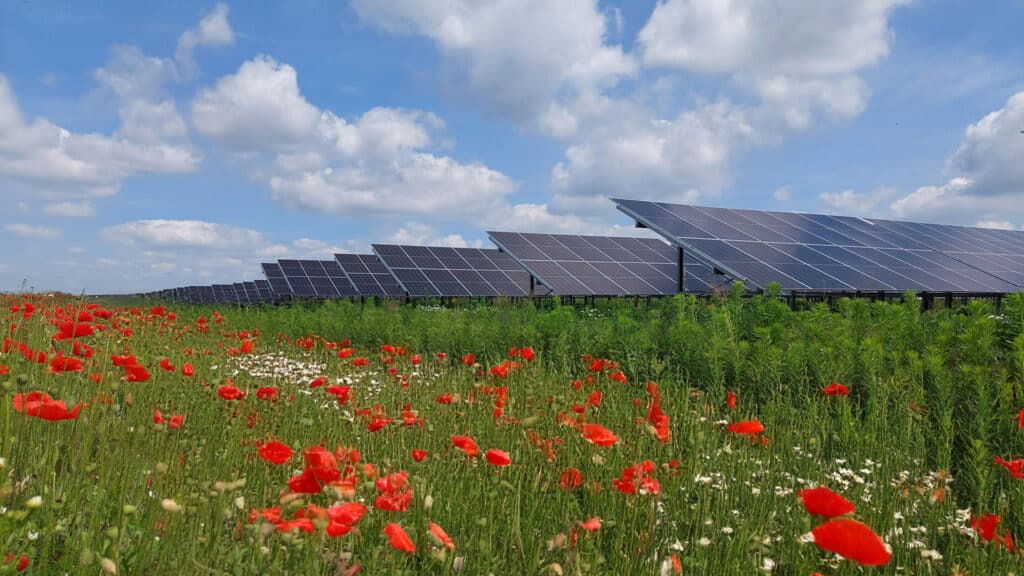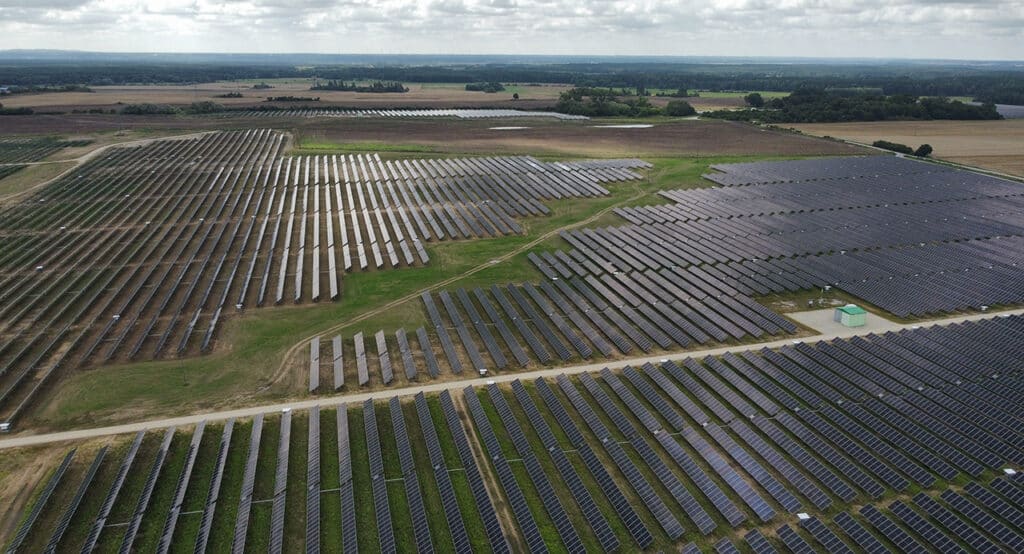Climate Tech and the Development of Alternative Energy Systems
Climate Tech refers to the application of modern information and communication technologies (ICT) to address issues related to climate change and the energy transition.
Table of Contents
- How does Climate Tech affect the development of RES?
- Easier integration of RES into the power grid
- Greater energy efficiency
- Climate Tech and the development of electric and low-emission mobility
- Development of energy communities and prosumer initiatives
- Impact of Climate Tech – Summary
How does Climate Tech affect the development of RES?

Easier Integration of RES into the Power Grid
Facilitating the integration of renewable energy sources (RES) into the power grid through the use of smart meters, sensors, algorithms, and digital platforms to monitor, manage, and optimize energy production, distribution, and consumption.
Greater Energy Efficiency
Increasing energy efficiency and energy savings by utilizing Internet of Things (IoT) technologies, artificial intelligence (AI), machine learning (ML), and data analytics to automate and personalize lighting, heating, ventilation, and air conditioning (HVAC) systems in buildings and vehicles.
Climate Tech and the Development of Electric and Low-Emission Mobility
Supporting the development of electric and low-emission mobility through the use of blockchain technology, 5G, cloud computing, and big data to create smart charging networks, manage electric vehicle fleets, and facilitate shared transportation.
Promoting the Development of the Hydrogen and Biogas Economy
Promoting the development of the hydrogen and biogas economy through the use of biotechnology, nanotechnology, electrolysis, and catalysis technologies for the production, storage, transportation, and use of hydrogen and biogas as energy carriers.
Read also: Green hydrogen: Fuel of the future – Electrum Holding
Development of Energy Communities and Prosumer Initiatives
Enabling the development of energy communities and prosumer initiatives by using social networking technologies, mobile applications, games, and gamification to engage citizens, foster ecological education and awareness, and promote collaboration among energy users.
Impact of Climate Tech – Summary
The sector is crucial for accelerating the energy transition and combating climate change. According to the Climate Tech VC report, the sector attracted over 60 billion dollars in investments in 2020, marking a 3000% increase compared to 2013. The sector also has significant potential for creating new jobs, fostering innovation, and enhancing competitiveness in the global market.
Read also:
Alternative Energy: A New Path in Energy Production








